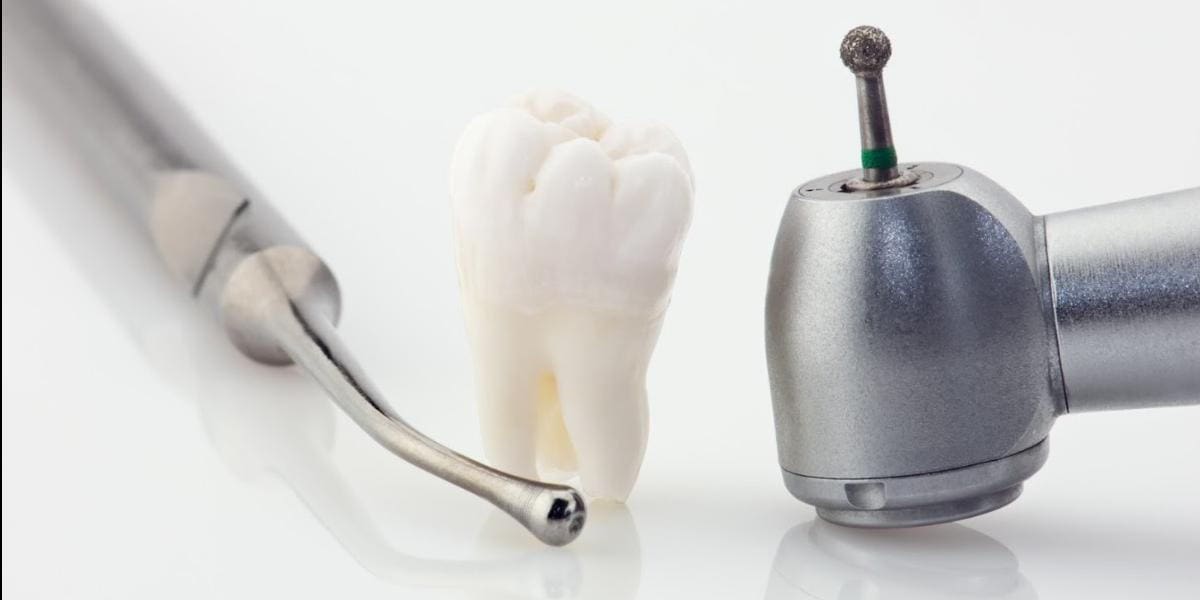What should your teen expect after their wisdom teeth removal surgery? An extraction often comes with discomfort and other similar issues. But some post-procedure pains are red flags to watch out for. If you’re not sure what your teen should expect to feel, see, and taste after surgery, take a look at the top questions parents often have about what is and isn’t normal.
Does the Surgery Cause Grogginess?
The answer to this question depends on whether your teen is sedated for the procedure or not. Most patients prefer sedation for this type of surgery. This option allows your child to rest, sleep, and relax.
Unlike general anesthesia, which is for more complex and invasive medical procedures, a wisdom tooth extraction typically only requires a mild and moderate type of sedation. This allows your child to remain calm and rest – but they can still wake easily.
Even though your child won’t have general anesthesia, they will still wake from the procedure feeling tired or groggy. This means if your teen is old enough to drive, they will need you (or another responsible adult) to transport them to and from the extraction appointment.
The dentist will explain vehicle, work, or other post-op sedation-related restrictions. They will gradually feel less tired in the hours after their surgery. But this doesn’t mean the sedation has fully worn off. Instead, they will likely feel out of it or fatigued for the rest of the day.
Does the Extraction Cause Pain?
Like any other dental procedure, a wisdom tooth extraction can cause discomfort or pain. The dentist or oral surgeon will need to make an incision on the gum to expose and remove the tooth. The dentist or surgeon might need to break the tooth into sections to remove it. After the entire tooth is removed, the dentist or surgeon will remove any leftover debris and close the extraction site with stitches.
The surgical procedure, consisting of cutting and tooth removal, can cause trauma to the mouth. This results in discomfort or pain. To reduce the after-effects of this type of surgery, the dentist may prescribe a pain reliever. If the dentist doesn’t feel a prescription is necessary or you prefer your teen to take something with less strength, ask about an over-the-counter medication.
Along with pain relievers, the dentist may recommend an ice pack immediately after surgery. Not only can this reduce pain but can also help to decrease swelling.
How Long Will the Pain Last?
There’s no magic minute mark when the pain will go away. Some teens experience almost no discomfort, while others feel pain or sensitivity for a few days after the procedure. If the pain gets worse, persists past three or four days (at the same intensity), or is accompanied by other symptoms, contact the dentist immediately. Feeling more pain or a new pain as the days go by not normal. This could indicate an infection or dry socket.
What Is Dry Socket and Is It Normal?
Dry socket is a possible complication of tooth extraction. While this condition is a common post-op issue, it isn’t normal. If the blood clot in the extraction site dissolves too quickly or comes loose before the area has time to heal, it can expose the underlying bone and nerves.
This condition includes symptoms such as severe pain, loss of the blood clot (at the extraction site); visible bone; radiating pain that extends to the ear, temple, or eye; unusually bad breath; or a bad taste.
If you suspect your child has dry socket, call the dentist as soon as possible. The dentist will need to examine the area and recommend a treatment plan. Treatments for dry socket depend on the severity and may range from flushing out the area to providing medicated dressings and prescription pain relievers.
Does your teen need to schedule a wisdom tooth extraction? Contact Youth Dental & Vision for more information.


